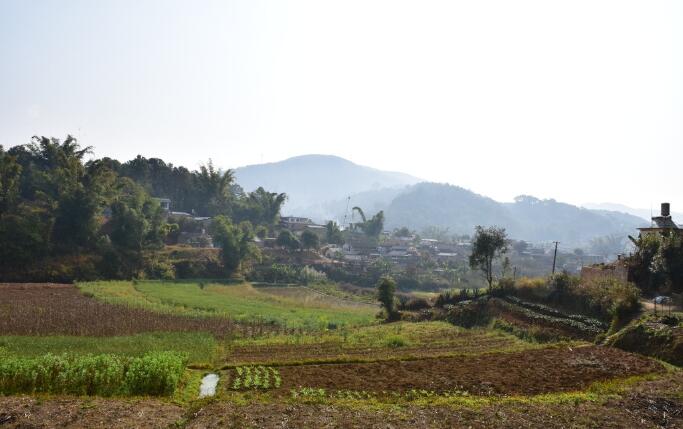Rural Land Consolidation in Japan, South Korea and Taiwan: Main Practices and Policy Implications
2016-12-05

By Chen Chunliang, DRC
2016-11-7
Along with industrialization and urbanization drive, land fragmentation constrains on modern agricultural and rural development have become daily tangible. As a result, Japan, South Korea and Taiwan have respectively carried out rural land consolidation.
Their major measures are as follows. 1. They implemented rural land consolidation at a time when industrialization drive and the transfer of agricultural surplus labor both experienced the Lewis inflection point, and agricultural production and management urgently needed to enhance the quality and efficiency through scale development. By changing small-scale farming, multiple-mode of inheritance and land transfer restrictions, they intended to improve water conservancy facilities, transportation conditions and mechanized production through farmland consolidation. 2. Based on key regional construction projects for coordinated development, they pushed forward land consolidation according to preliminary plans and through negotiations and encouraged farmers and farmer associations to realize joint farming through land exchanges and sale. The government also implemented preferential policies including temporary quasi land acquisition, land renovation, and repurchase or lease of land tenure by the original owners. 3. Efforts were made to determine the cost sharing entities according to the cost types, and divide the legislative and planning powers at the national, local and grassroots-level organizations. 4. Relevant measures were adopted to improve the efficiency of agricultural land production, save labor input, and increase the return of funds by sorting out the "new land" without changing land ownership.
China could draw the following policy implications from the above-mentioned practices. 1. China could take land improvement as the key areas for the development of modern agriculture, and strengthen the organization and leadership of rural land consolidation. 2. Based on the high-standard farmland construction, China could integrate relevant resources, and increase the support for farmland consolidation. 3. By reasonably allocating fiscal resources and dividing administrative responsibilities, China could promote the work of rural land consolidation in various aspects.














